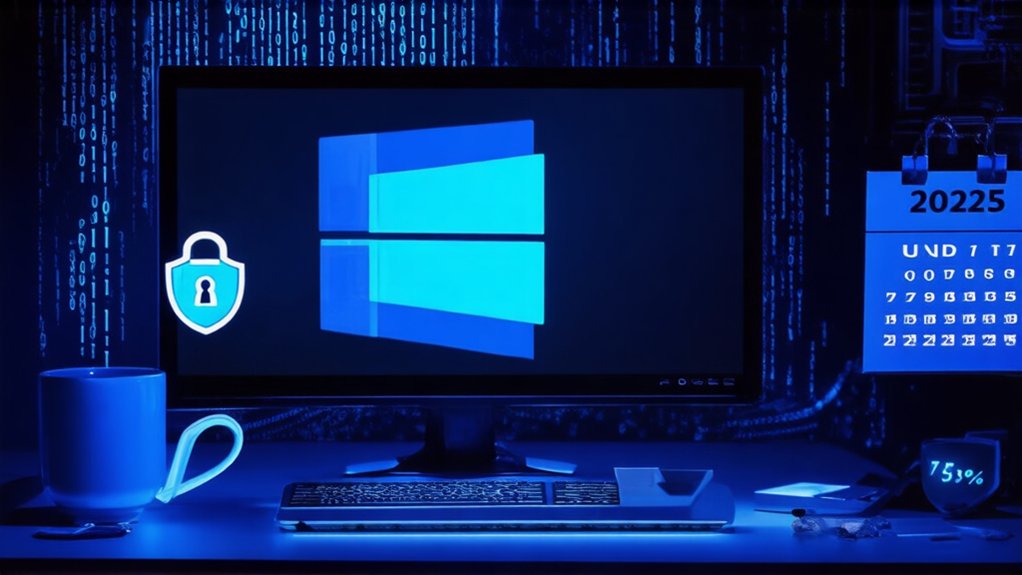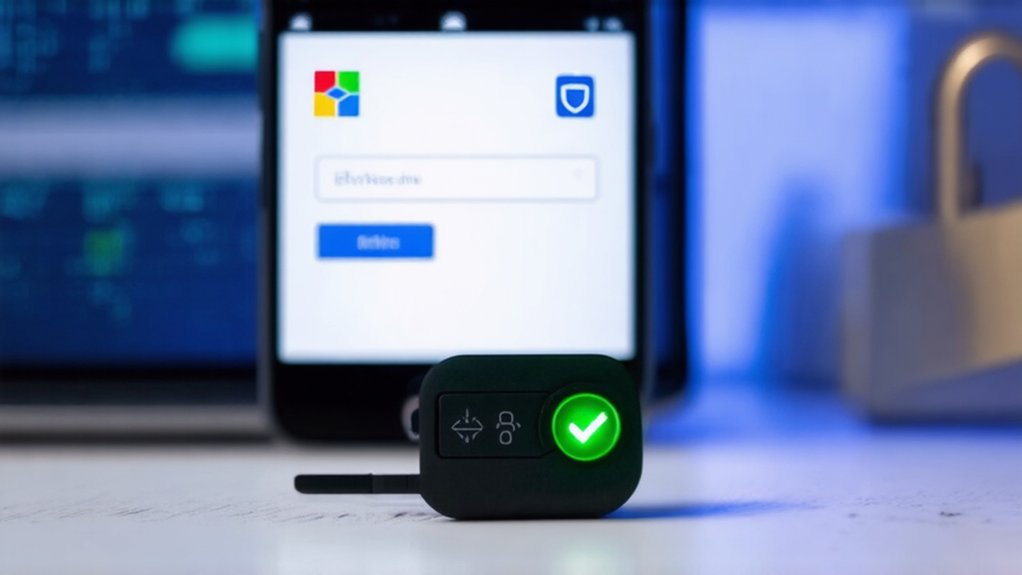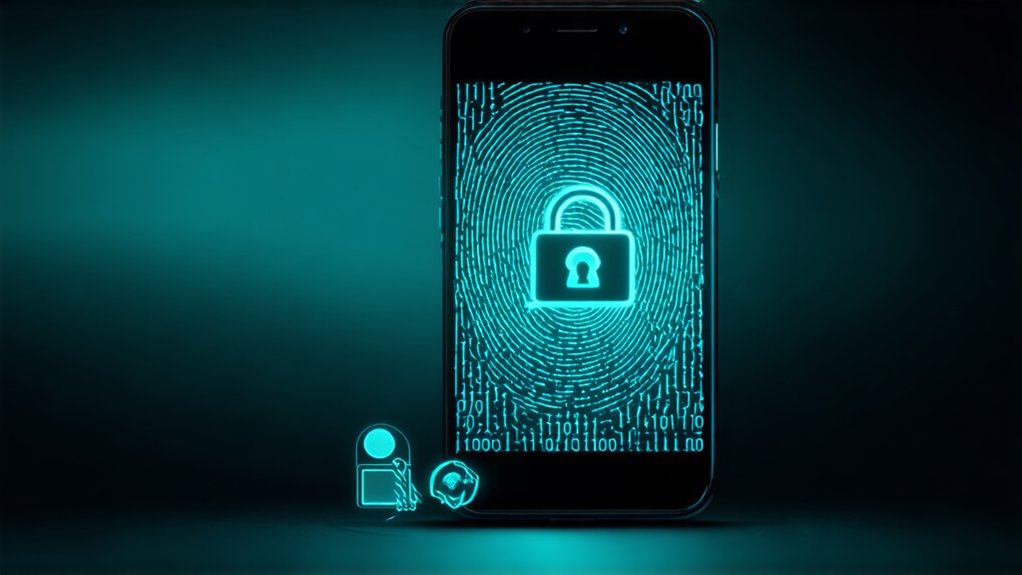In a shocking slip-up, an unprotected database spilled over 184 million unique login credentials into the wild. This mess clocked in at a whopping 47.42 gigabytes of raw, unencrypted data—talk about a digital dumpster fire. Credentials from giants like Google, Microsoft, Facebook, Instagram, Snapchat, Apple, and even Roblox got exposed, alongside emails, banking, health platforms, and government portals from all over the globe. No password, no encryption, just wide open for anyone to grab. Seriously, what were they thinking?
Turns out, this treasure trove probably came from infostealer malware, that sneaky software snatching usernames and passwords via phishing or shady sites. It’s not from one big breach, oh no—more like a collection of stolen bits from infected devices. Some folks even verified these were real by checking with owners.
This treasure trove? Likely from sneaky infostealer malware, snatching logins via phishing and shady sites from infected devices—some verified as real.
And the owner? Good luck finding them; Whois info is hidden, and the hosting provider isn’t spilling beans. Irritating, right? Like a ghost pulled off a heist.
The fallout hit hard, with logins for social media, banks, health services, and government accounts across countries in the crosshairs. Corporate and official creds? That’s espionage bait, pure and simple. Roblox mixed in? Yeah, even kids’ fun got dragged into this mess.
Risks? Oh, plenty—credential stuffing attacks could let hackers waltz into more accounts, leading to identity theft or financial fraud. Imagine your bank login just… out there. Blunt truth: this is a nightmare. This breach is part of a larger trend, with IBM reporting an 84% increase in phishing emails delivering infostealers in 2024.
Discovery came courtesy of researcher Jeremiah Fowler, who blew the whistle and got the database yanked offline. But the hosting provider played coy, no details on origins or how long it was exposed. Technically, it linked to some sketchy domains, all in plain text for easy picking.
Sarcastic high-five to whoever left it that way—brilliant security move. In the end, this leak screams negligence, exposing global vulnerabilities that could haunt us for years. Experts recommend that users change passwords annually to reduce the risk of such compromises. What a wild ride.




